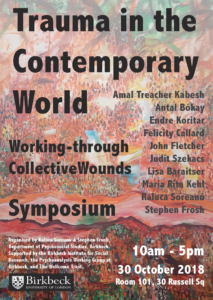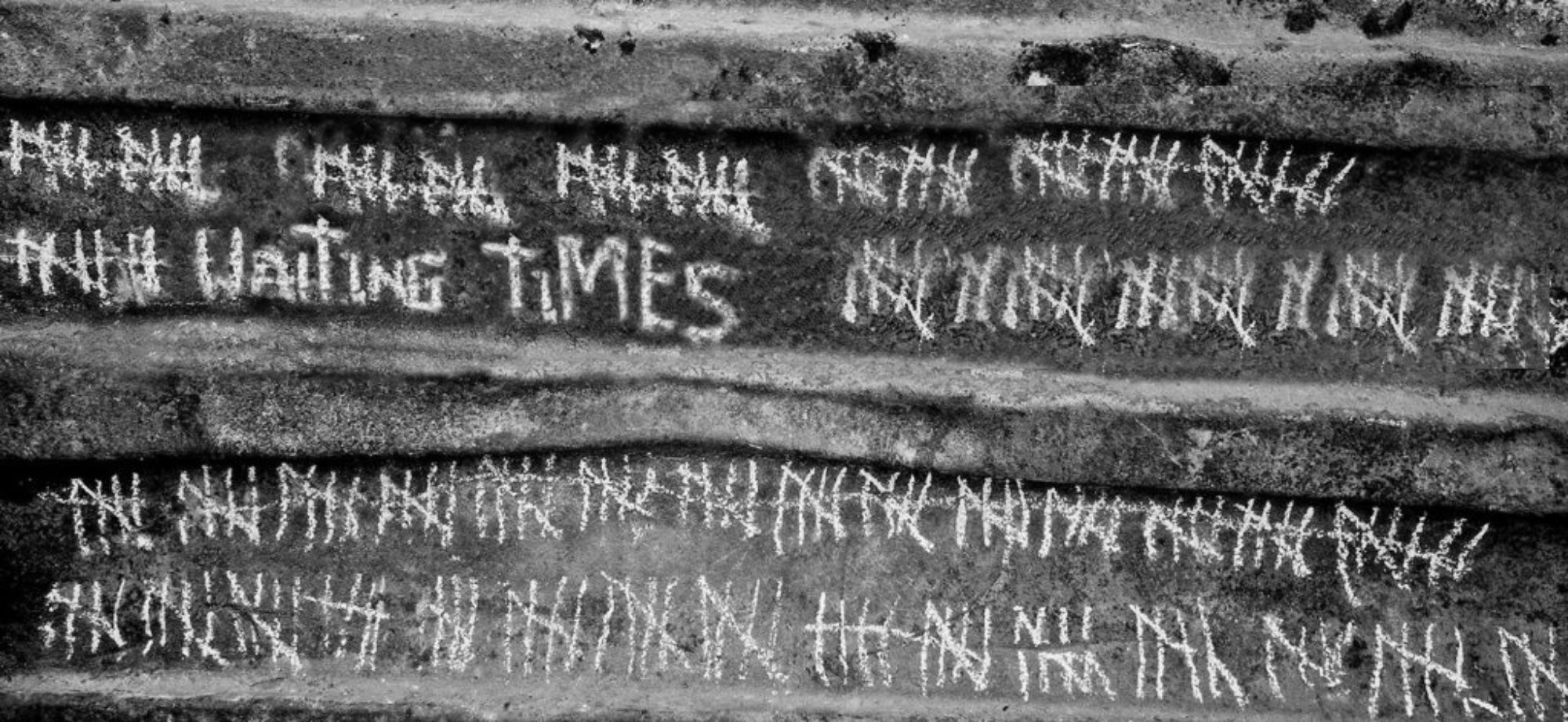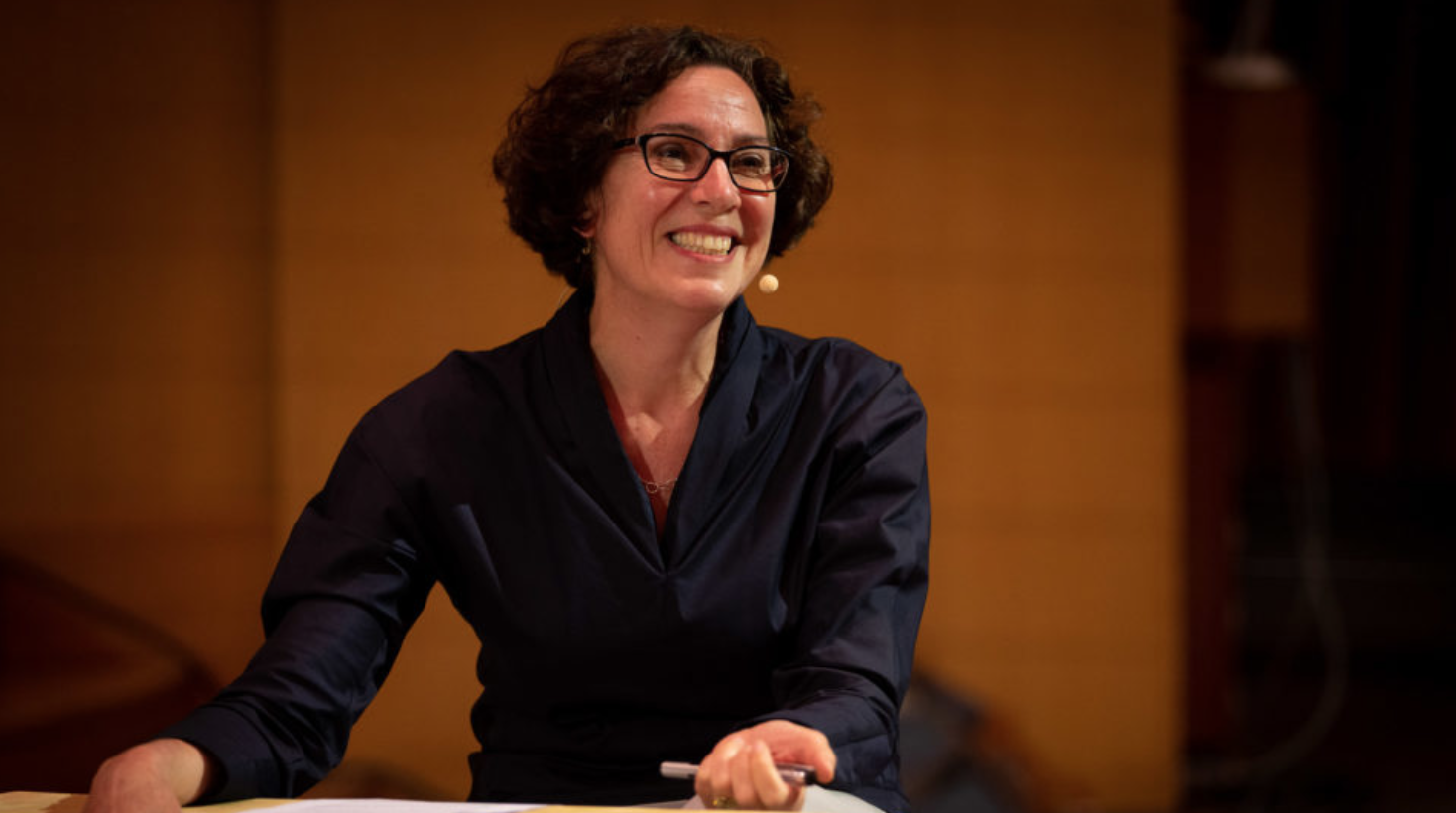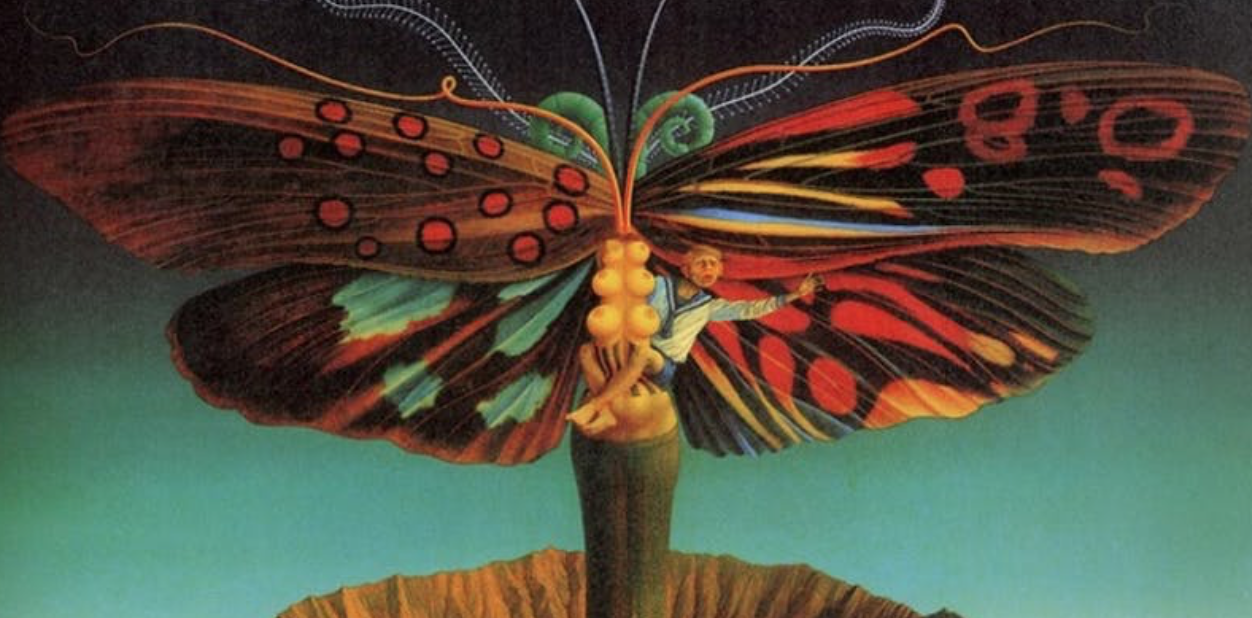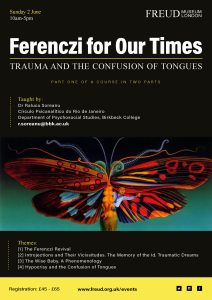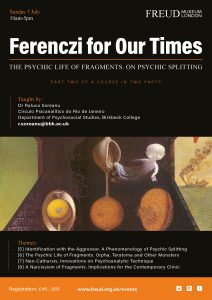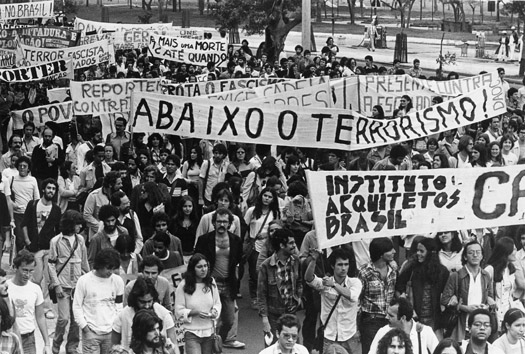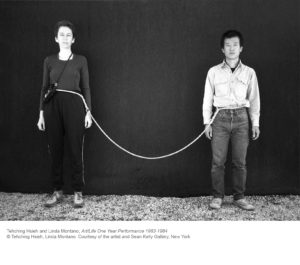Our research fellow Raluca is organising a symposium at Birkbeck at the end of the month, and our PI Lisa will be contributing.
The symposium is being held at the Department of Psychosocial Studies and and will take place on 30 October, 2018, 10am to 5pm.
Room 101, 30 Russell Square, London WC1B 5DT
The symposium aims to create a space for an interdisciplinary conversation on the psychic transmission of trauma, on collective trauma and social mourning. While some voices argue that the notion of ‘trauma’ is overused and overstretched, we will explore the ways in which crucial aspects of both psychic life and social life can be formulated precisely as a trauma theory. What kind of metapsychological revisions are needed for a trauma theory for the contemporary world? What is the place of psychic splitting in making sense of social trauma? Or, in other words, what is the connection between the life of psychic fragments and the life of social fragments? How can we understand scenes of reliving the trauma, which take place in the streets and in the squares? How are institutions (including the state) implicated in social mourning, or, on the contrary, in its interruption? By asking these questions, we aim to illuminate the ways in which a revised trauma theory that takes into account the collective dimension of life is also a social theory.
The second part of the symposium will be dedicated to a discussion of Raluca Soreanu’s recent book Working-through Collective Wounds: Trauma, Denial, Recognition in the Brazilian Uprising (Palgrave, 2018). Soreanu argues for a phenomenology of psychic splitting, where we can follow, in a collective frame, what different psychic fragments ‘do’, or what becomes of their social life. Some psychic fragments are involved in the denial and the repetition of traumatic violence. Other psychic fragments are involved in the act of recognition or in a form of radical mutuality. A panel of psychoanalysts, psychosocial scholars and social theorists will discuss the implications of the ideas that Working-through Collective Wounds proposes, including notions such as: the confusion of tongues between registers of the social, memory-wounds, Orphic socialities, and traumatic voracity. Ultimately, the book brings into focus a creative and symbolising crowd, able to mourn and to preserve itself and things that matter in moments when extreme traumatic violence rips through the social body.
For more details, contact Raluca r.soreanuATbbk.ac.uk
